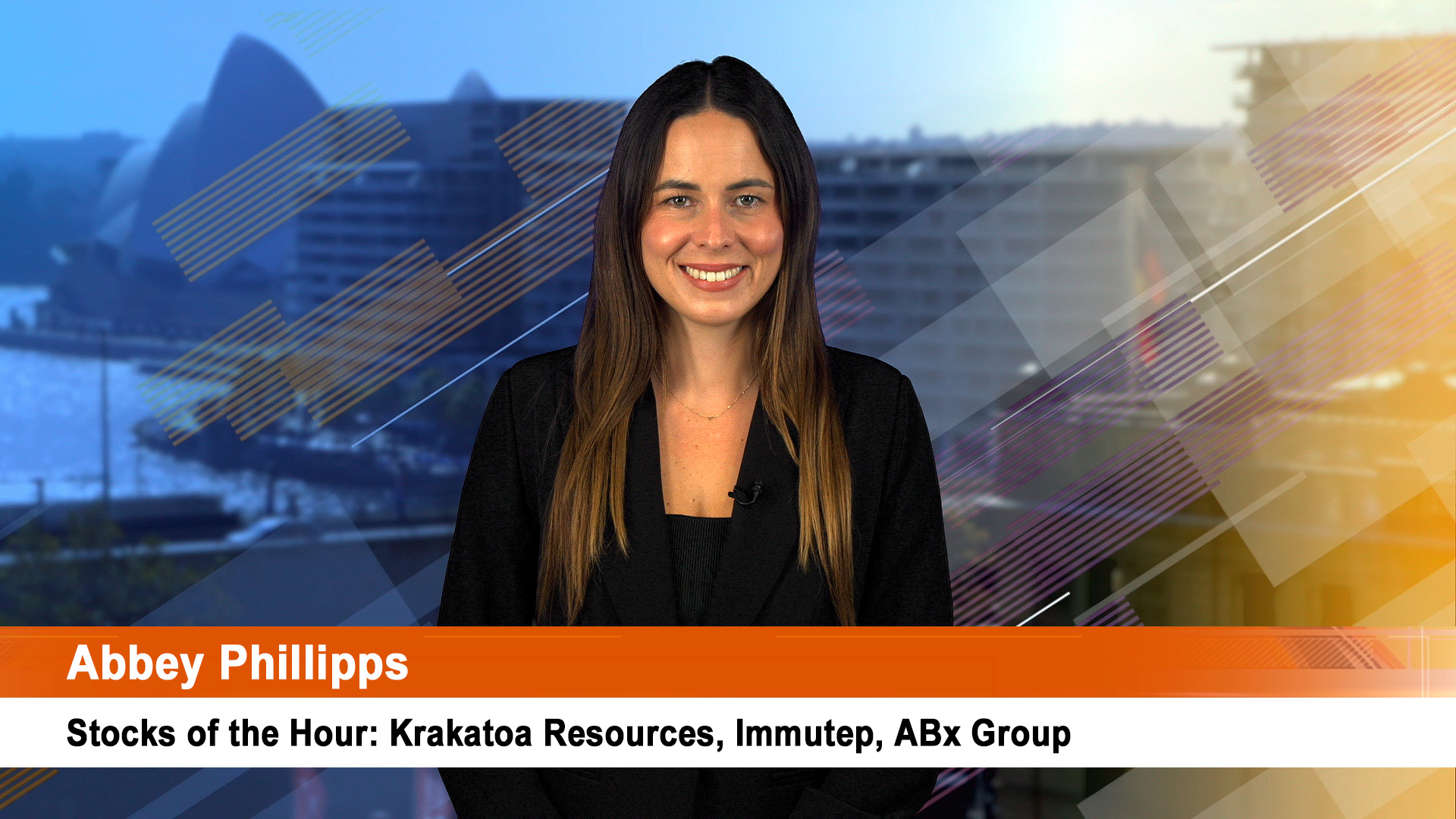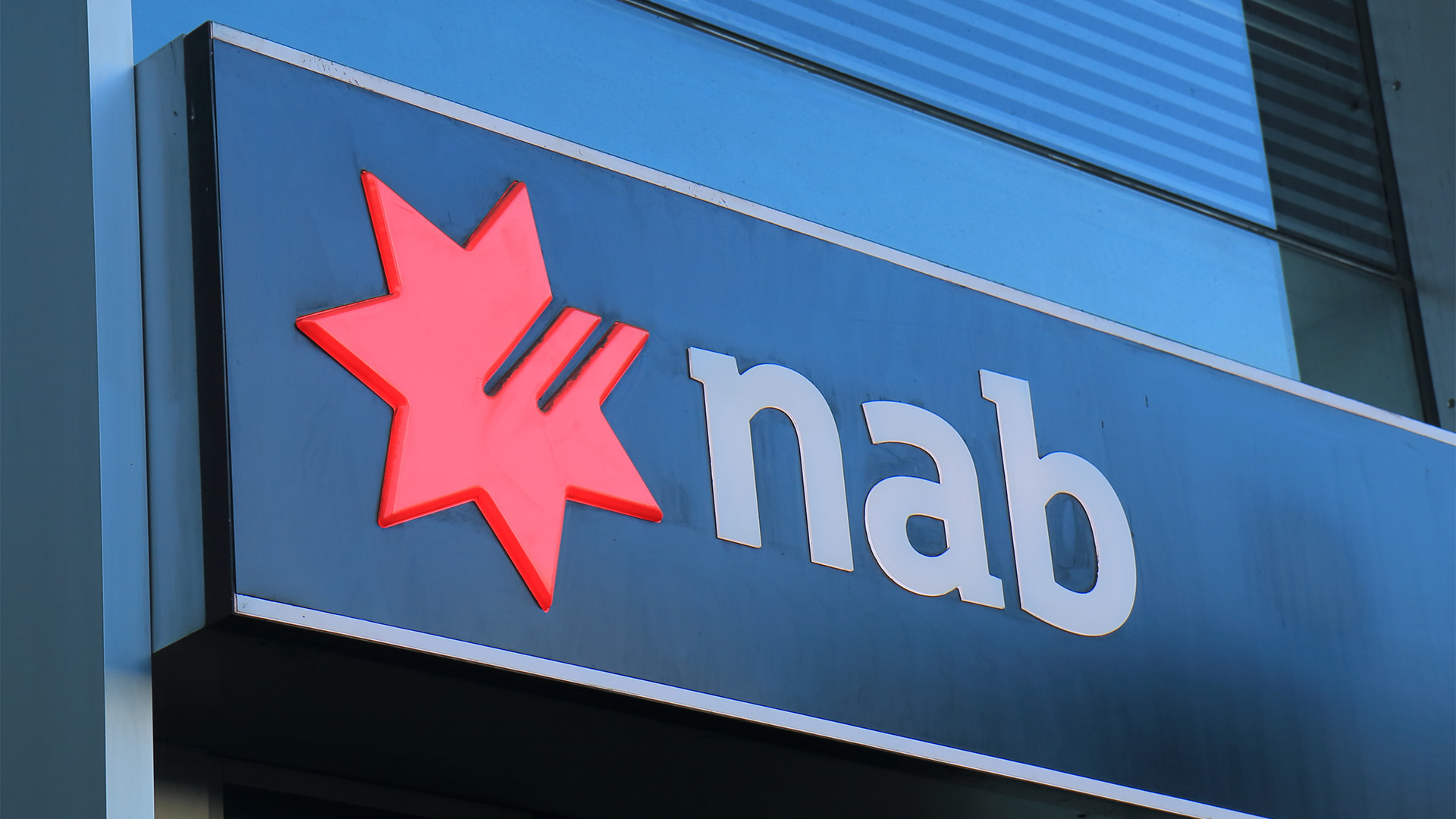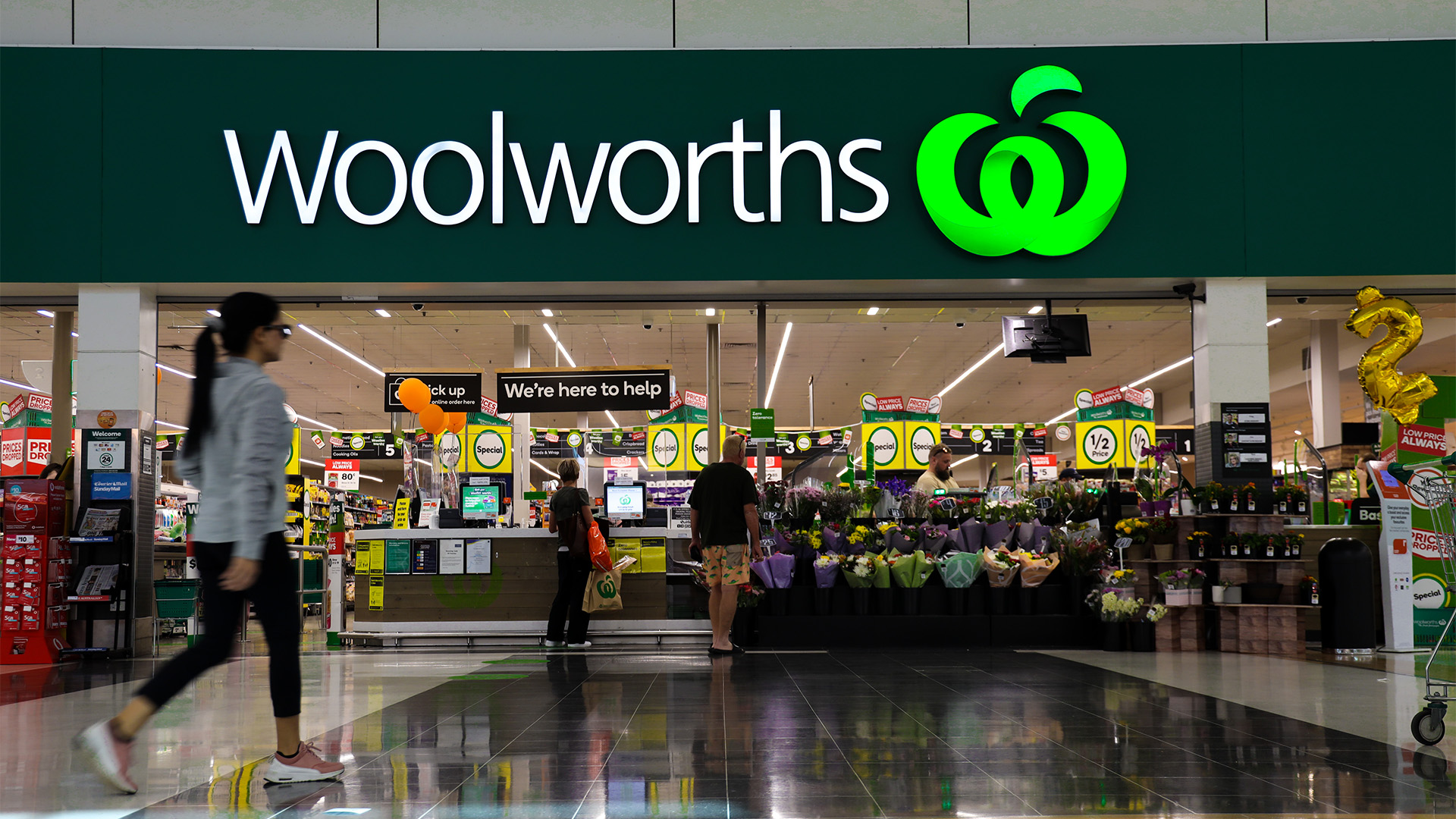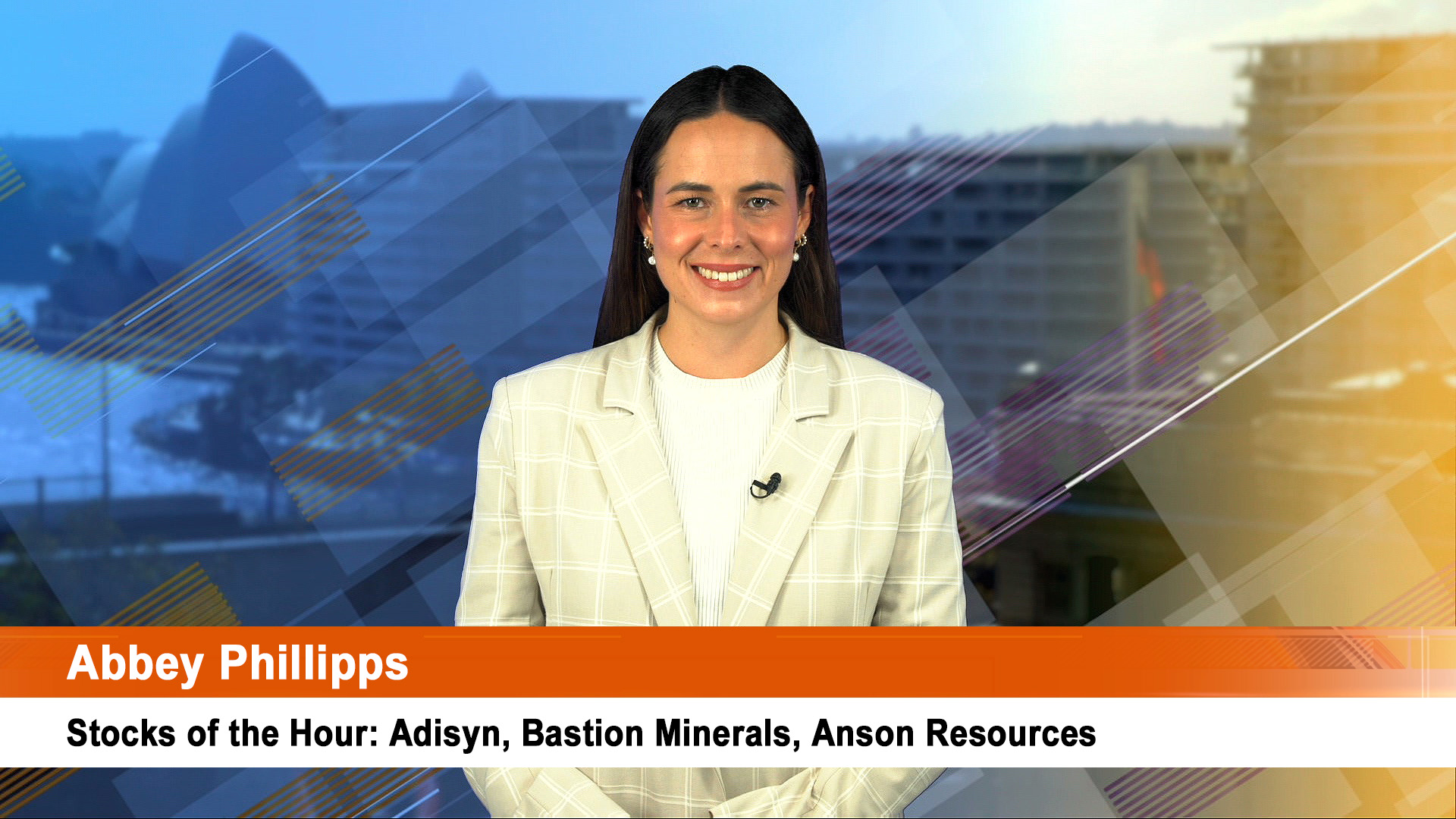In the US, where the sell-off is concentrated, the fretting about the ending of the Fed’s huge sending spree (and then rising interest rates) will continue to dominate investor sentiment from now until October – November.
Thursday’s plunge took Wall Street down for July and the smaller, but still significant, fall on Friday added to investor fears about the Fed’s tapering and timing of its interest rate move.
A solid jobs report worried investors, even though the 209,000 jobs created was short of the forecast 235,000 (which if it had been met or exceeded, would have seen a big sell-down for a second day).
The S&P 500 fell 5.52 points, or 0.3% to end at 1,925.15.
The benchmark index for global shares lost 2.7% over the week, its largest percentage drop since early June 2012.
It’s now off 3.2% from its July 24 all time record close.
The Dow dropped 69.93 points, or 0.4%, to finish at 16,493.37. That left the index with a weekly tumble of 2.8%, its biggest drop since late January this year.
The tech-heavy Nasdaq Composite was down 17.13 points, or 0.4%, to close at 4,352.64, leaving it down 2.2% for the week.
And the small-cap Russell 2000 shed 5.21 points, or 0.5%, to end at 1,114.86.
This index is sometimes viewed as a gauge of investors’ risk appetite for equities (it covers the 2,000 leading small and medium cap stocks), finished down 2.6% for the week. It has lost over 7% from its July 1 all time high.
Besides worries about the Fed and interest rates, investors are worried about a string of problems, from fears about rising wages (not borne out by the wages data in the jobs report), Argentina’s debt problems, the continuing worries about the health of a big bank in Portugal, the fighting in Gaza and the Ukraine and the attitude of Russia to sanctions.
In Europe, the fall by the DAX index in Germany (the Russian sanctions and fighting in Ukraine resonate more loudly in Europe, especially in Germany) rattled other markets across the region.
The DAX 30 index dropped 2.1% to close at 9,210.08 on Friday. For the week the index slid 4.5%, the biggest weekly loss in two years.
The European Stoxx Europe 600 index slid 1.2% to 331.91, closing at the lowest level since April and losing 2.9% on the week.
France’s CAC 40 index dropped 1% to 4,202.78, to be down 3% lower for the week.
London’s FTSE 100 index fell 0.8% to 6,679.18, for a 1.7% weekly drop. Big falls happened in markets in Italy, Spain and Portugal.
In Portugal, the Banco Espirito Santo will be bailed out or taken into government control this weekend after its shares were again suspended on the country’s stock exchange after they fell 40% to just 12 euro cents.
The company’s subordinated bonds are trading at just 36 euro cents in the dollar, meaning the bank is worthless.
In Asia though markets fell Friday, many still ended with solid gains for the week (China, Japan and Hong Kong).
In Australia the local market will start lower today after dropping 1.4% on Friday.
That turned a solid gain of nearly 2% by the close Thursday, into a fall of 0.5% for both the ASX 200 and the All Ordinaries.
Besides a few profits this week, the RBA rate decision and a host of figures about the economy, there are a couple of situations to watch.
Woodside is one and what now happens to the Shell buyback.
It’s dead, but the situation can’t remain unsettled for too long. Woodside and Shell will have to update the market on how the buyback will now proceed.
Struggling mining services business Ausdrill entered into a trading halt on Friday as it warned of an "expected impairment charge" in relation to its June 2014 financial year earnings.
The shares fell 5.2% on Thursday and were down another 2.3% on Friday before the trading halt, at $1.07.
Ausdrill says it expected to update the market on the losses by the start of trading tomorrow.













